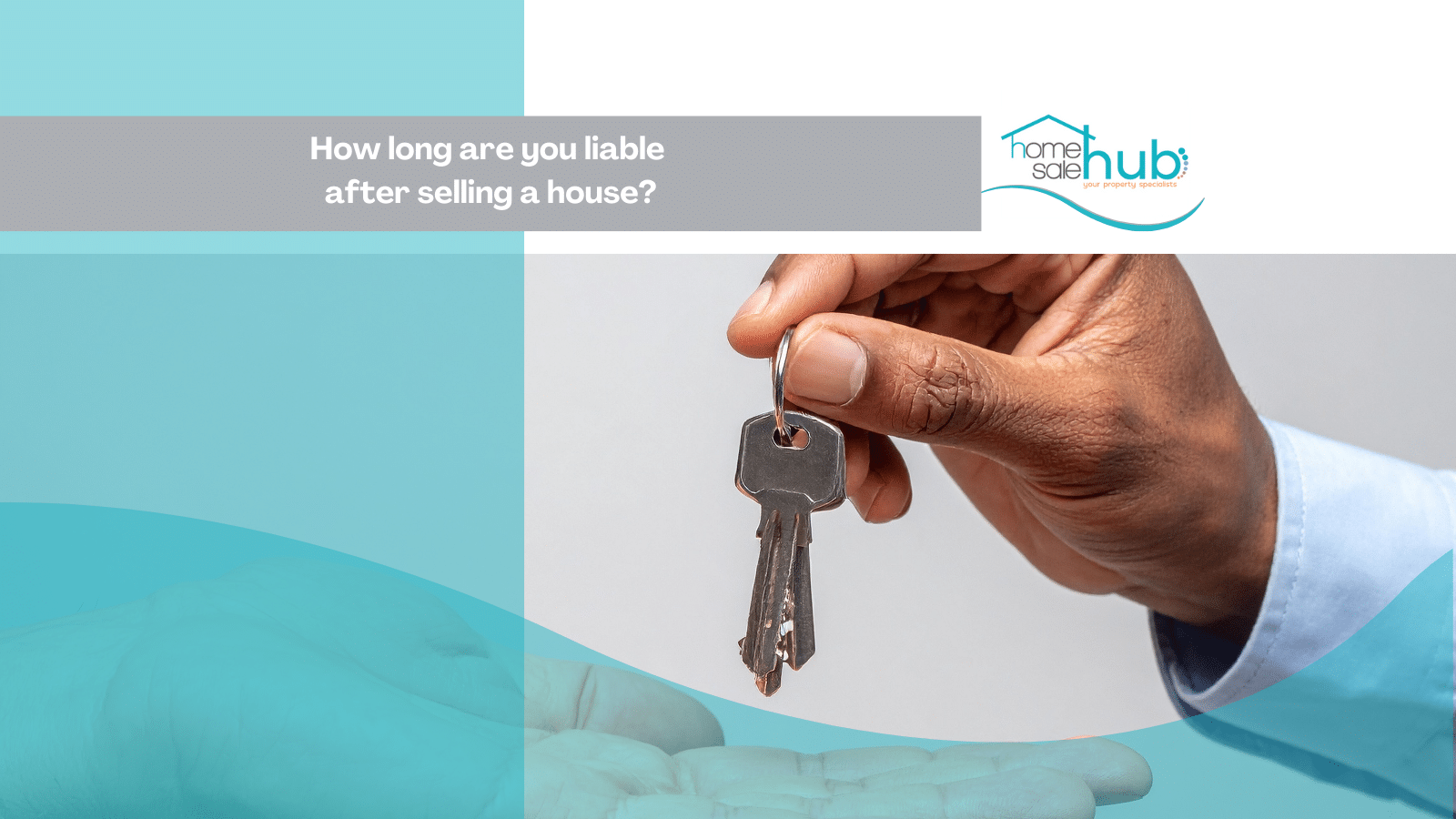Address
38f Goring Rd,
Worthing
BN12 4AD
Selling a property in the UK does not necessarily end all your responsibilities. Under certain circumstances, legal liability can follow a seller even after completion. Understanding what you are responsible for, and for how long, is vital if you want to avoid disputes or unexpected claims from your buyer.
This guide breaks down the post-sale liability rules in the UK, including legal time limits, disclosure duties and how to protect yourself.
What Is a Seller Liable For After a House Sale?
In the UK, sellers are generally not liable for defects discovered after the sale, unless they have:
- Misrepresented something in writing (intentionally or unintentionally)
- Failed to disclose legally required information
- Interfered with or concealed a problem
- Breached terms in the sale contract
The TA6 Property Information Form, completed during the conveyancing process, forms part of the legal contract. It includes questions about disputes, boundaries, alterations, infestations, and flooding. Providing false, incomplete, or misleading answers can expose the seller to legal action.
Key Areas of Potential Liability
1. Misrepresentation
If a buyer believes that you misrepresented the condition of the property or omitted key facts, they can bring a claim for misrepresentation. This includes:
- Stating that there have been no disputes with neighbours when there have been
- Failing to disclose subsidence or structural issues
- Claiming work had planning permission or building regulations when it did not
- Denying past flooding or pest infestations
The misrepresentation must have induced the buyer to proceed with the purchase. If they can show this, they may be entitled to damages or even rescission (reversal of the sale, though rare).
2. Covenants and Title Issues
Some liabilities may stem from covenants (legal obligations tied to the land), such as restrictions on use or shared access arrangements. If you incorrectly claimed that these do not exist, the buyer could make a claim later.
3. Fixtures and Fittings
Disputes can arise if items included in the fixtures and fittings form (TA10) are removed or replaced with inferior alternatives before completion. If the buyer incurs costs to replace missing items, you could be held liable.
How Long Are You Liable After Selling a House?
Liability timeframes vary depending on the type of claim. Here are the most relevant time limits under UK law:
| Type of Claim | Time Limit (from completion date) |
|---|---|
| Misrepresentation (standard) | 6 years |
| Misrepresentation (fraudulent) | Up to 12 years (or longer in some cases) |
| Breach of contract | 6 years |
| Breach of deed (e.g. covenant) | 12 years |
How to Protect Yourself
1. Be Honest and Accurate
Fill out the TA6 and TA10 forms truthfully. If you are unsure about a question, it is better to say “not known” or seek professional advice rather than guess.
2. Keep Records
Retain copies of any surveys, certificates (e.g. FENSA, Gas Safe), planning approvals, warranties or invoices that relate to work done on the property.
3. Use a Solicitor
An experienced conveyancer or solicitor will guide you through disclosure duties and help you avoid common mistakes that lead to liability.
4. Consider Indemnity Insurance
For certain issues, such as missing building control certificates, indemnity insurance can offer peace of mind to both buyer and seller. However, these policies do not protect against deliberate misrepresentation.
FAQs (Based on People Also Asked)
Can You Be Sued After Selling a House?
Yes, but only under specific grounds such as misrepresentation or contractual breach. Most claims must be brought within six years of the sale.
What Happens If You Lie on the TA6 Form?
You may face a misrepresentation claim. The buyer could seek financial damages or, in rare cases, have the sale reversed. Lying is also likely to invalidate indemnity policies.
Are You Responsible for Defects Found After the Sale?
Only if you deliberately concealed them or provided false information. Under UK law, caveat emptor (buyer beware) applies — the buyer is expected to commission a survey before purchase.
What If a Dispute with Neighbours Arises After the Sale?
If you failed to disclose an ongoing or historic neighbour dispute on the TA6 form, and the buyer can prove you were aware of it, they may pursue a misrepresentation claim.
Once a house sale completes, most of your obligations are behind you. However, what you disclose (or fail to disclose) before that point can have long-lasting consequences. Misleading answers, even unintentionally, can leave you exposed to legal claims for up to six years, or longer in more serious cases.
The safest approach is transparency. If in doubt, disclose. Buyers are generally more concerned about hidden problems than honest answers.
Sell Without the Risk – Let Home Sale Hub Handle It
Want to avoid the stress of lengthy forms, buyer surveys, and legal exposure?
Home Sale Hub buys homes directly, in any condition, and with no middlemen or hidden clauses. You do not need to complete pages of disclosures or worry about post-sale liability. We make a straightforward cash offer and complete in days.
Get a guaranteed sale with zero uncertainty. Request your no-obligation offer today.


